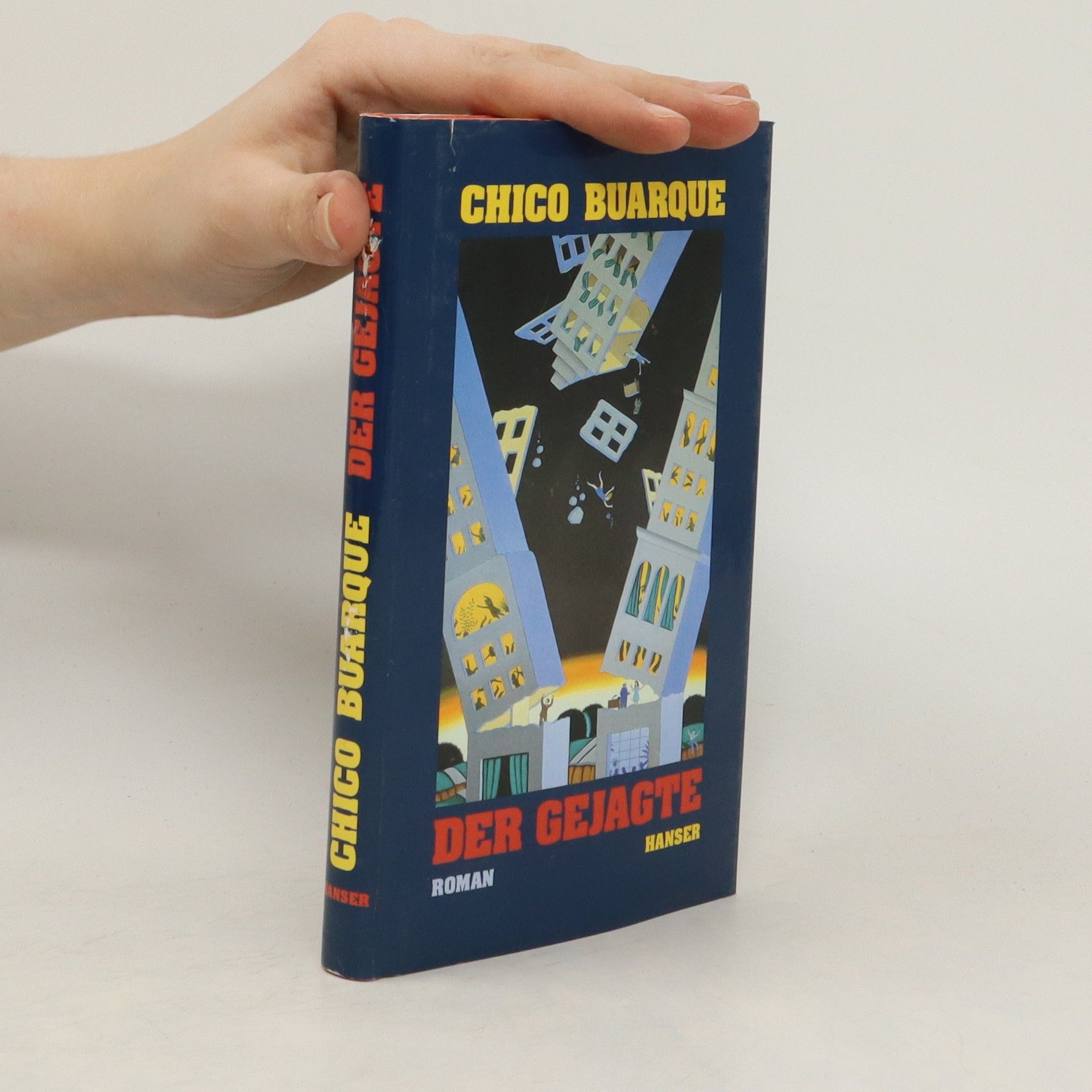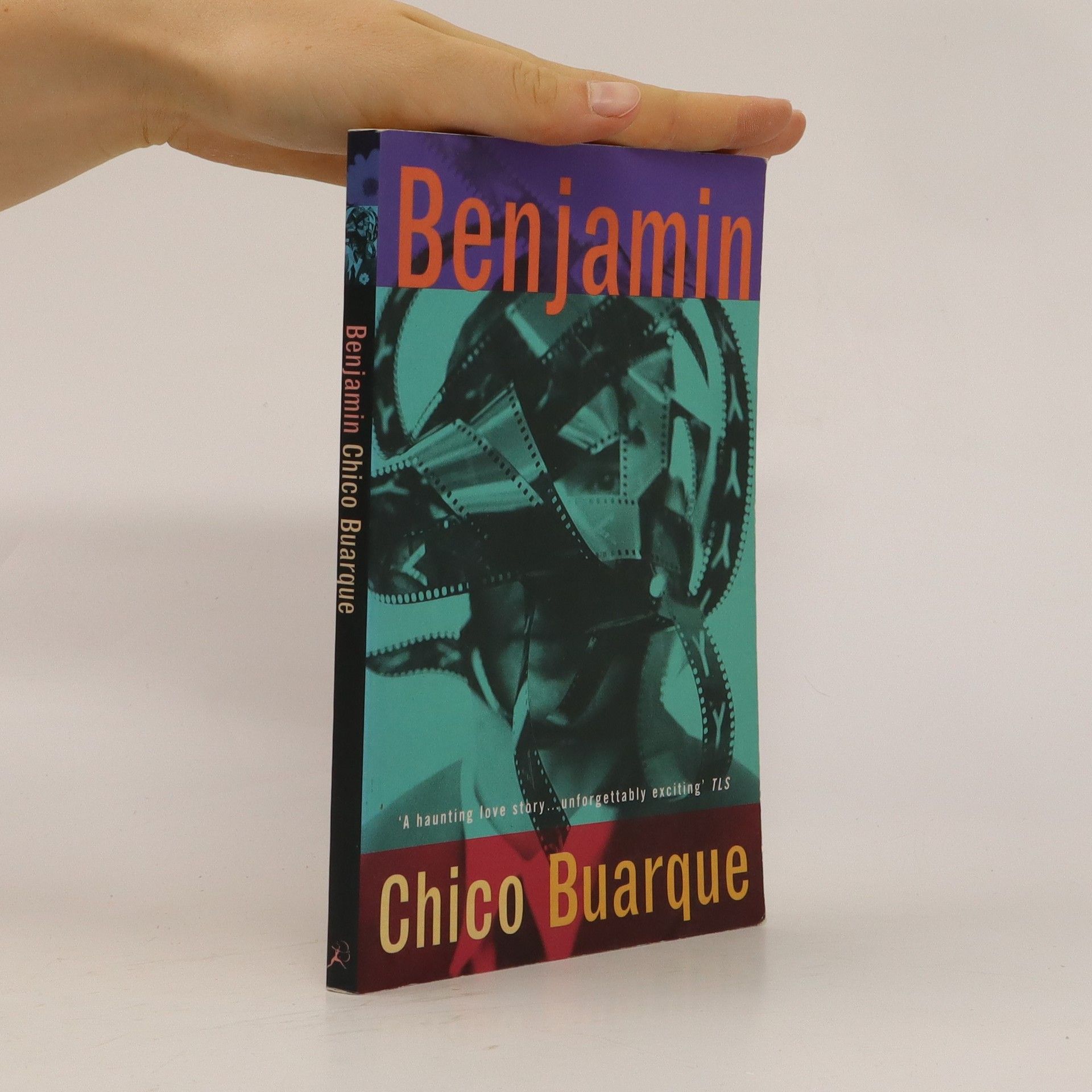Budapest
- 153pages
- 6 heures de lecture
José Costa est nègre : il passe des journées bien remplies à écrire toutes sortes de textes signés par d'autres. Il garde le secret absolu sur son travail et sur ses commanditaires. Lors d'un congrès à Budapest, il est fasciné par le hongrois et par une Hongroise qui deviendra sa maîtresse et son professeur. Sa famille lui devient étrangère et il trahit alors son secret professionnel.





